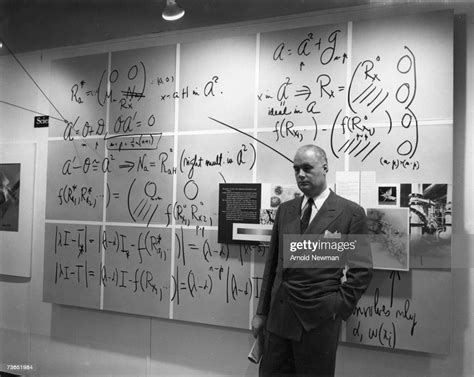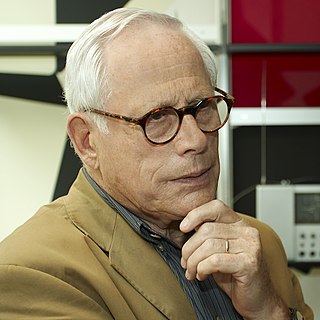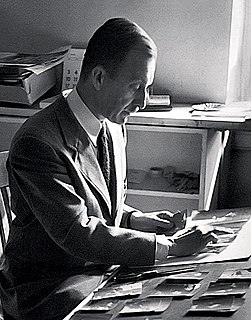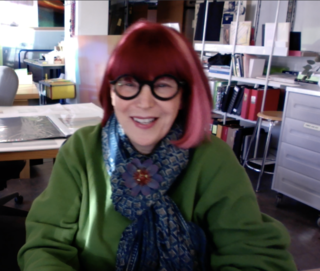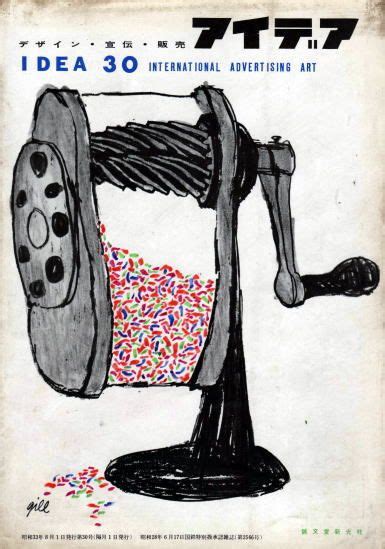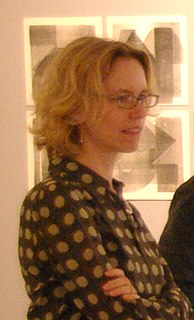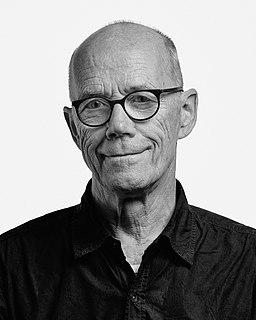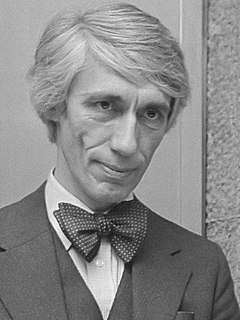A Quote by Will Burtin
The essential function of the (design) profession in our society is to enhance and cultivate communications toward: Easier understanding of ideas and complex problems, in the shortest possible time and higher visual and auditory retention of data.
Related Quotes
The health of a nation, a society, can be determined by the art it demands. We have insisted of television and our movies that they not have anything to do with anything, that they be our never-never land; and if we demand this same function of our live theatre, what will be left of the visual-auditory arts - save the dance (in which nobody talks) and music (to which nobody listens)?
I am troubled by the devaluing of the word 'design’. I find myself now being somewhat embarrassed to be called a designer. In fact I prefer the German term, Gestalt-Ingenieur. Apple and Vitsoe are relatively lone voices treating the discipline of design seriously in all corners of their businesses. They understand that design is not simply an adjective to place in front of a product’s name to somehow artificially enhance its value. Ever fewer people appear to understand that design is a serious profession; and for our future welfare we need more companies to take that profession seriously.
Many problems that confront us today are created by man, whether they are violent conflicts, destruction of the environment, poverty or hunger. These problems can be resolved thanks to human efforts by understanding that we are brother and sister and by developing this sense of closeness. We must cultivate a universal responsibility toward each other and extend it to the planet that we have to share.
Scientific knowledge is, by its nature, provisional. This is due to the fact that as time goes on, with the invention of better instruments, more data and better data hone our understanding further. Social, cultural, economic, and political context are relevant to our understanding of how science works.
It is much easier to make intellectual messes than it is to clarify complicated issues, especially when real solutions would challenge the status quo and require much careful thought across many fields of knowledge. Problems of climatic change, biotic impoverishment, population growth, and the choices to be made by various technologies and the transition to a sustainable and decent society with an economy that works over the long-term are difficult, complex, and intertwined problems with many possible answers.
We've been surrounded by images of space our whole lives, from the speculative images of science fiction to the inspirational visions of artists to the increasingly beautiful pictures made possible by complex technologies. But whilst we have an overwhelmingly vivid visual understanding of space, we have no sense of what space sounds like.
I'm a perfectionist. And that's served me very well in my career. It allows me to handle these large, complex problems without letting things fall through the cracks... That is the mentality you have to have to attack these complex problems of chip design, for example, when you're overwhelmed with complexity.
